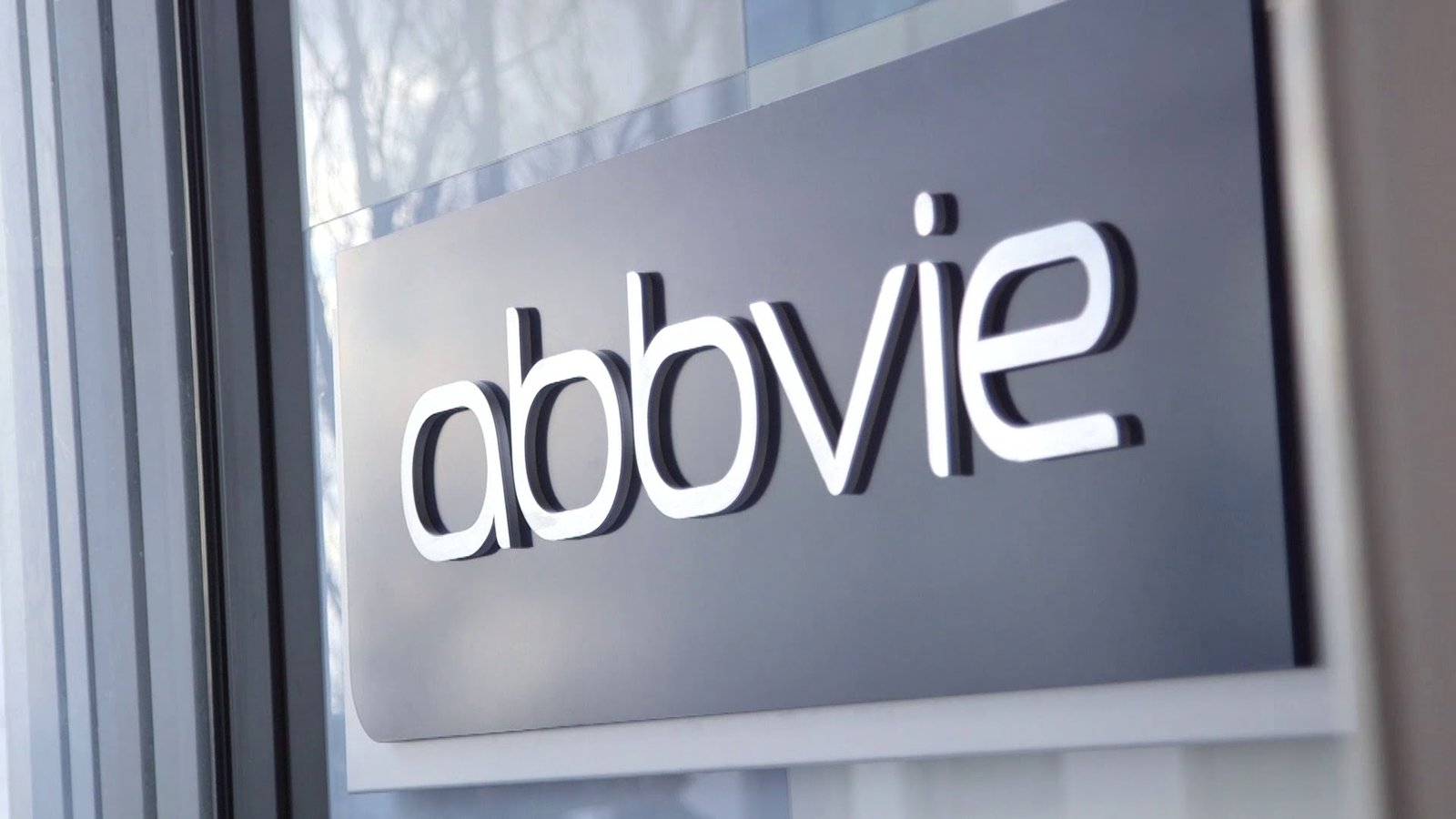Under the terms of the deal, the two companies will research a portfolio of antibody targets.

AbbVie announced a strategic collaboration with South San Francisco-based Alector to develop and commercialize drugs for Alzheimer’s disease and other neurodegenerative disorders.
Under the terms of the deal, the two companies will research a portfolio of antibody targets. AbbVie has an option for two of the targets for global development and commercial rights. Alector will handle the exploratory research, drug discovery and development for the lead programs up to the end of proof of concept studies. Once AbbVie exercises its options, it will take over development and commercialization. The research will be co-funded and global profits will be shared. AbbVie is paying Alector $205 million upfront and reserving another $20 million for a future equity investment in Alector.
Alector is in the process of a big new equity round, with investors including Merck, OrbiMed, Polaris, Mission Bay Capital and Topspin Partners. The company has already raised more than $80 million in four years.
Alector is taking a different approach to Alzheimer’s than most other companies. The most common approach is the development of antibodies that target beta-amyloid or tau, tangles of proteins found in Alzheimer’s patients. The problem with the approach so far has been that although the antibodies seem to do a pretty good job of clearing the tangles, especially beta-amyloid, it doesn’t seem to result in improved cognition.
Alector is taking an immunology approach similar to those taken by immuno-oncology companies. The San Francisco Business Times writes, “More specifically, company cofounder and CEO Arnon Rosenthal said, Alector’s drugs aim at stimulating, multiplying, moving and directing brain cells called microglia. Those cells account for roughly 15 percent of all brain cells, providing a first line of defense for the central nervous system against foreign invaders and acting as a sort of gray-matter garbage disposal.”
Beta-amyloid and tau are some of the things microglial cells should be eliminating. In Alector’s preclinical models, the stimulated microglia seem to block Alzheimer’s on their own or may be effective in combination with some of the antibody drugs other companies are developing.
AbbVie has an experimental drug for Alzheimer’s, ABBV-8E12, which targets tau. It is in Phase II clinical trials.
“Alzheimer’s is among the most difficult-to-treat diseases and there is an urgent need for new scientific approaches that lead to better therapies for patients,” said AbbVie’s vice president of pharmaceutical discovery, Jim Sullivan, in a statement. “Alector’s unique approach to engaging the immune system to combat neurodegeneration reflects our commitment to target this epidemic in new ways. We recognized the potential of Alector’s research first as an AbbVie Ventures portfolio company and are now eager to partner with them to further develop this platform into meaningful advances for patients.”
Robert Paul, Alector’s chief medical officer, told, “We will go into the clinic a year from now, and we’re planning to bring five drugs into the clinic in the next 18 months.”
If so, the company’s funds will be needed. Clinical trials are expensive, and neurological clinical trials notoriously so—and notoriously difficult. Alector also has a parallel immuno-oncology program.
Sabah Oney, head of business development at Abbvie told, “If these drugs are successful, they are going to become blockbuster biologics.”
It’s still a gamble, as is all drug development. Axovant recently had a failed Phase III trial for Alzheimer’s, and Eli Lilly has failed three times with solanezumab, although it’s continuing to work on it. Biogen seems to be having some success with aducanumab, which has inspired some companies, such as Roche, to take another look at the difficult field. It’s a huge area of unmet need, and even a modestly successful drug could be an enormous blockbuster.




